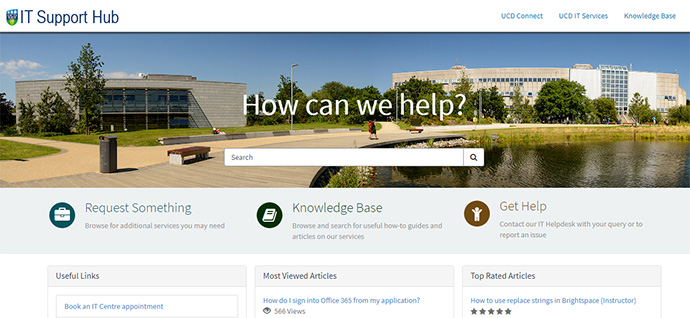When to use FeedbackFruits
Peer Review Tool
- Assignments: Implement peer review or self-assessment to provide early feedback and opportunities for improvement
- Presentations: Engage students in providing constructive feedback to refine communication skills
- Case Studies: Have students assess peers' work on related cases to encourage critical thinking
- Iterative Assignments: Incorporate peer review into drafting processes for continuous improvement




